According to Kop verse, Brendan Rodgers built a team like Shankly did so that kids would have a story. The man from Ulster is rapidly becoming a hero among Liverpool fans.

Rodgers has overseen an astonishing improvement in both performance and achievement. In addition he has surmounted every challenge thrown his way and embraced the clubs history and ethos. Such is the esteem in which he is now held, some fans are referring to him as a legend.
Towards the back end of last season I counted three banners in the ground specifically dedicated to the boss. That was more than for both Shankly and Paisley.
As a huge fan of Brendan Rodgers, I am certainly not knocking this. However, it does make me wonder. Is he a legend? More importantly what does it take to become one?
It has always felt a very straight forward process in my eyes. All you need to do is be successful over a long period of time and Bob’s your uncle.
That worked for me as a Liverpool supporter, because all of our legends were successful over a long period of time. Today though, that theory doesn’t really stand up to close scrutiny.
Forget Liverpool for a moment. At Everton ‘Big Dunc’ is considered a legend, despite not winning a single trophy at the club. I’m certain fans of other clubs have similar stories.
Perhaps that’s fair enough. If the criteria for becoming a legend in the game were restricted to my narrow definition, then they would be very few and far between. Only a small number of teams would ever have legends.
Matt Le Tissier is a legend for Southampton. Aside from being a Full Members Cup finalist in 1992 and a string of player of the month awards, he hasn’t exactly had a glittering career. However, he was a loyal servant of the Saints over sixteen years. He could have moved to a more successful club but chose not to.
So, is that it then? Is loyalty the defining characteristic of a legend? Using that as our benchmark, we could certainly crown Carragher, Gerrard and Hyppia as legends. However, we couldn’t offer the same honorific to Keegan, Souness or McManaman.
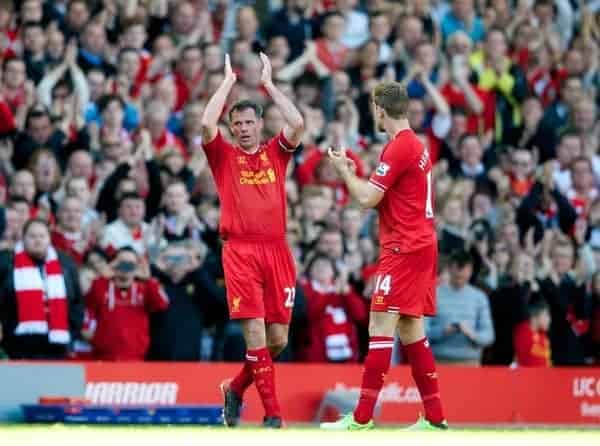
Then we come to our managers. In this arena there are two men who can lay claim to being undisputed legends of the club. These are of course Shankly and Paisley. All three won major honours and were, over a sustained period of time, successful in their jobs.
Sadly this doesn’t help either. What about Ronnie Moran and Joe Fagan? Are they not legends? They were also part of a dynasty of unparalleled success. So too was Roy Evans. Sadly we refer to him as a servant, rather than a legend.
Skip forward a decade or two and we come to the clubs first two foreign managers. Houllier won six major honours for Liverpool in six years. Is he not a legend? If not, why not?
What about Rafa Benitez? He won the greatest prize in European football for us. He nearly did it again two years later. Some call him a legend, while others would strongly disagree.
There must be a common denominator, some yardstick we can use to objectively judge. For me there might be and it’s wrapped up in the definition of the word. Legend comes from the latin legenda or things to be read.
We are back to the kop song about kids and stories here. Are legends people who provide us with tales to pass on to our offspring? These could be tales of glory or of failure. Often they are stories of falling and rising again. That’s it then. It’s about success and stories. We’ve cracked it. Or have we?
Yes all of these men have given us stories to tell our kids. There are books dedicated to our disasters and triumphs under them. Alas though there others who have done the same, yet failed to become legends.

After all Djimi Traoré was successful. His Champions League winner’s medal proves it. He gave us stories too. That spectacular Bambi impression against Burnley in the FA Cup was a doozey. He was hardly a legend though. So what is that missing ingredient?
By now you will have noticed that there is one glaring omission from this piece. His is a name that has become synonymous with Liverpool Football Club. He is an undisputed legend and we call him King.
To my mind, Kenny Dalglish has that missing ingredient that alongside the success and the stories means he truly deserves the title legend. I would say that Shankly, Paisley, Fagan and Evans have it too.
They are each icons of the club. By this I mean that during their time they have become representative symbols of the club and what it stood for. They understood the values of the club and tried every day to embody it. You will undoubtedly think of others who match this criterion.
In the case of Houllier and Benitez it gets a bit tricky. Certainly both can claim to have restored the clubs pride. They both strongly identified with the supporters and history of the club. They brought success and stories, but were they icons?
It is said that under these two managers the club ditched its football philosophy. The free flowing attacking football, that had become the hallmark of Liverpool Football Club, was gone.
In its place was a more pragmatic style of play that, while achieving success, didn’t sit well with the clubs purists. Therefore can they really be described as the embodiment of the club that Shanks built?
In fairness to Benitez, he was the only one within the club speaking out against the Hicks and Gillett reign. In this sense he could be seen to be embodying the spirit of the club. This is why he continues to be held in high regard by the majority of fans. Is he an icon and a legend though?
I’m going to leave that to the comments section and skip, conveniently, over the non-event that was Roy Hodgson. Here we arrive at the current incumbent, Brendan Rodgers. Is he deserving of legendary status?
In his short time at the club he has certainly made strides to imbue its spirit and ethos. Most of us would happily say that Brendan speaks for us, understands us and believes in the football we believe in. His speech at the 25th Hillsborough memorial could have been delivered by one of the clubs grandees.
For me though Brendan hasn’t had time to be successful or become an icon at Liverpool. He needs both of these attributes to merit being hailed a legend. I think he may go on to achieve this, but until he does we should spare him the baggage that comes with those titles.
Brendan’s story is just beginning and we should give him space and time to write it. If we don’t we do him and his predecessors a huge disservice.


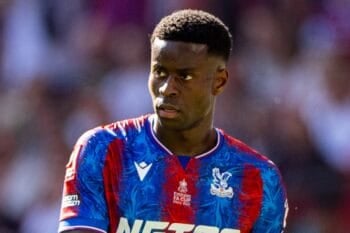
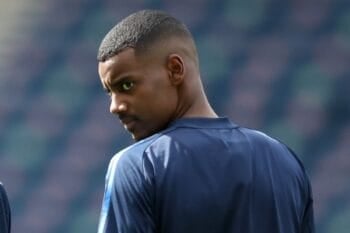
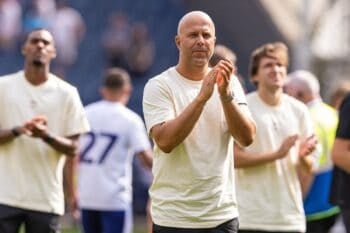
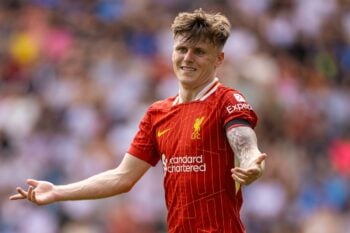
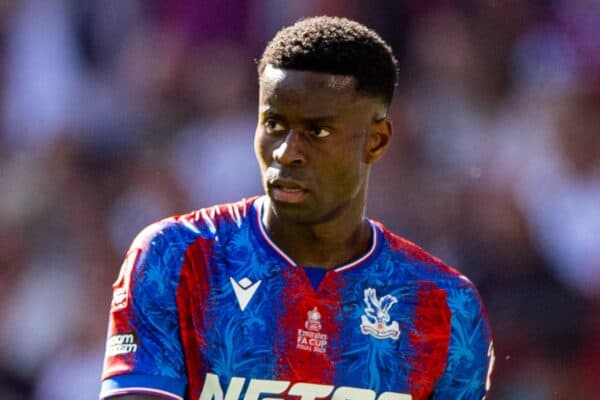
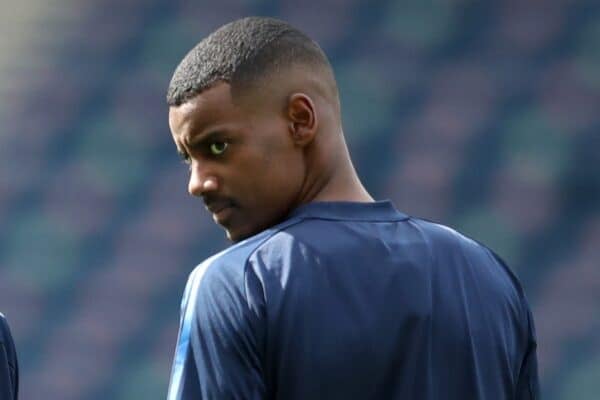
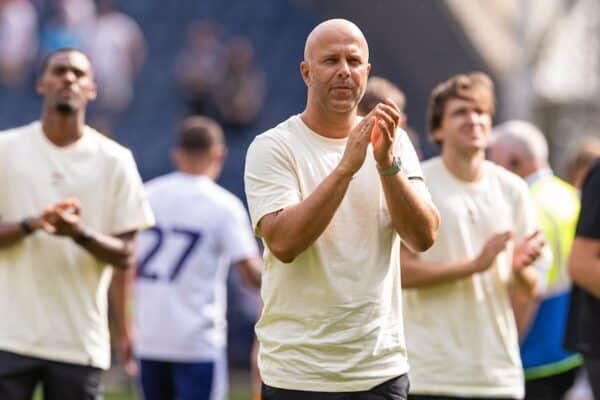
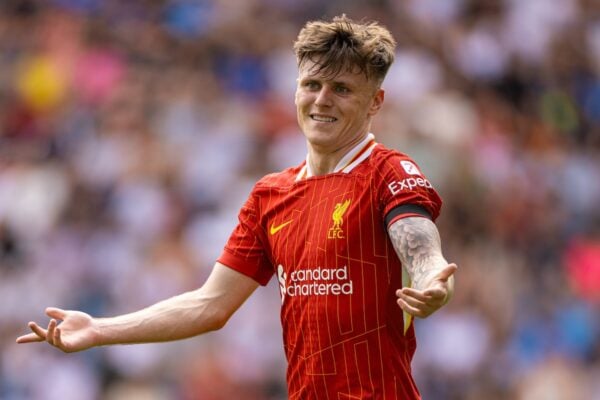
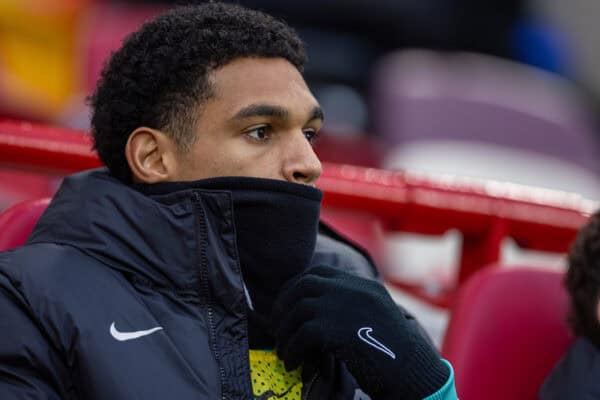
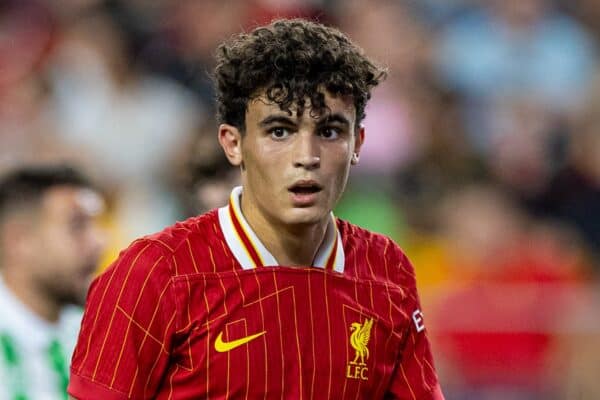
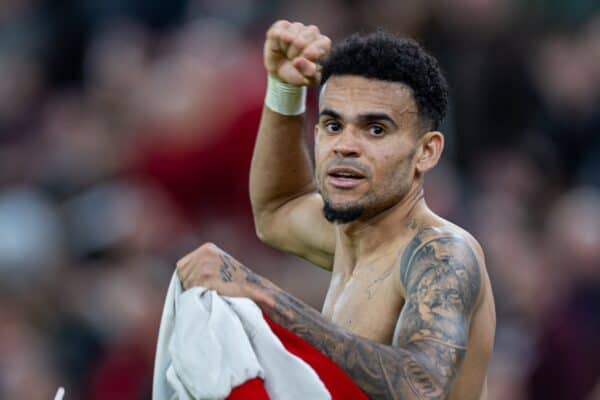
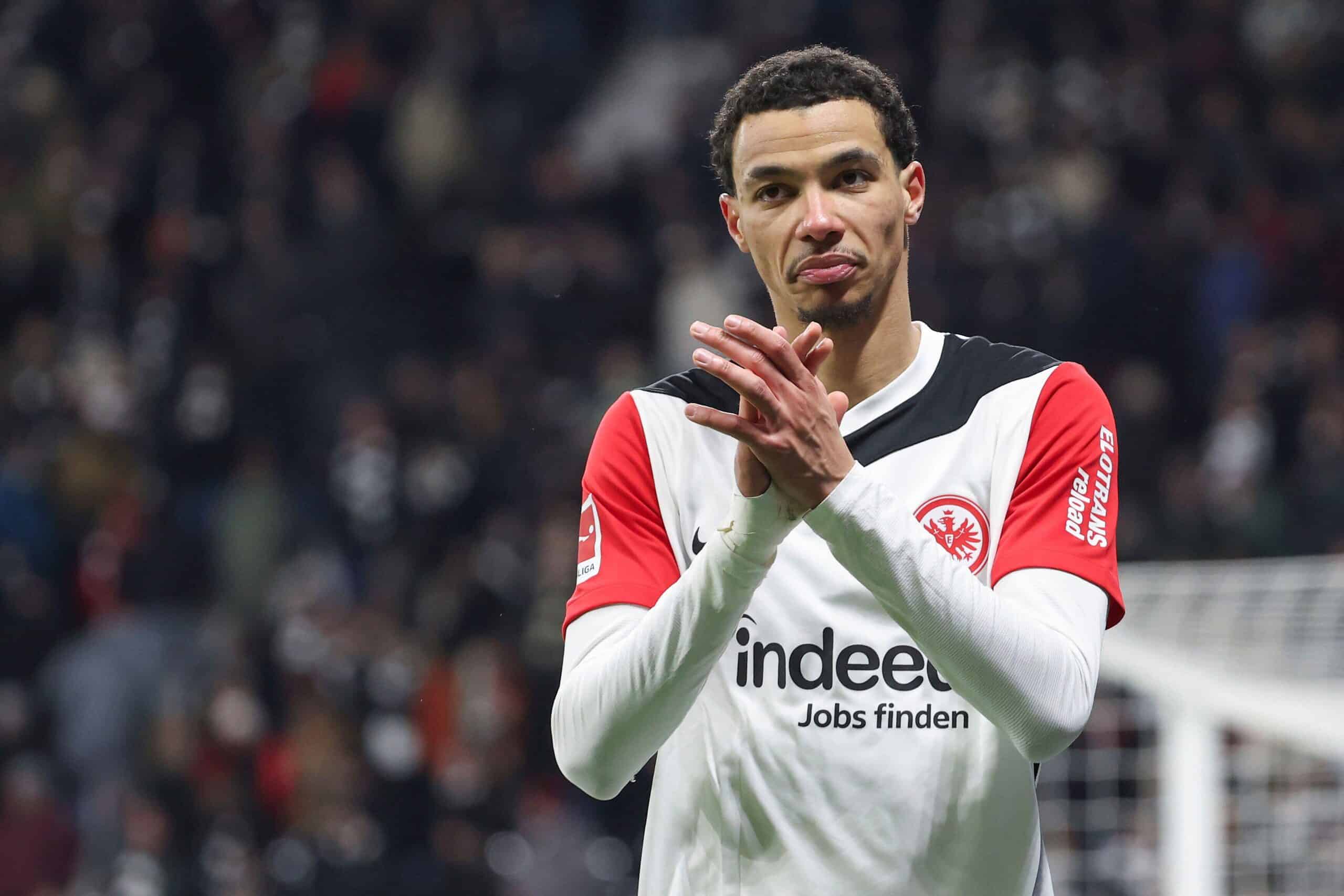
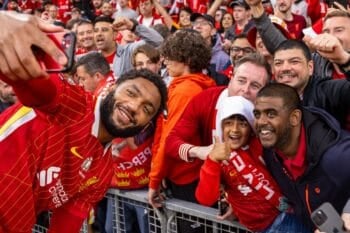
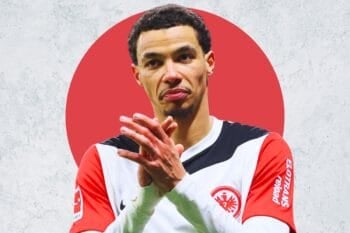
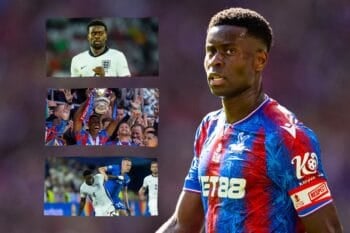
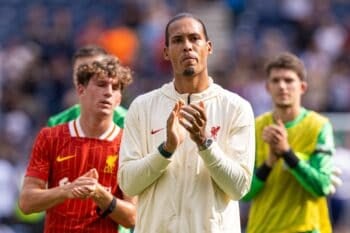
Fan Comments